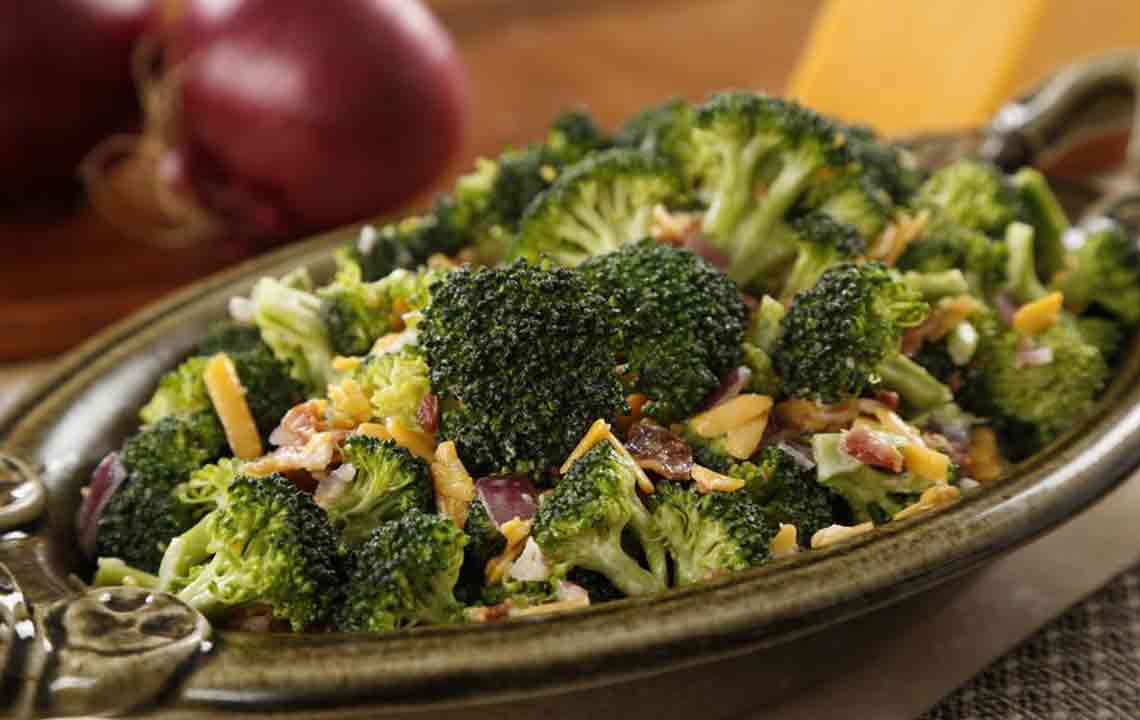Lowering LDL Cholesterol with the right diet and lifestyle
Cholesterol already sounds bad enough to think there is something called LDL cholesterol. In reality, Cholesterol is both good and bad. Bad cholesterol is called LDL cholesterol, and the opposite of bad cholesterol, i.e., good cholesterol, is called HDL cholesterol. LDL stands for Low-density Lipoprotein, whereas HDL stands for High-density Lipoprotein. These proteins are called molecules that carry cholesterol in the blood.
You measure your total cholesterol by calculating both LDL cholesterol and HDL cholesterol. Along with LDL cholesterol and HDL cholesterol, doctors also measure your triglycerides. Triglycerides are fats that are found in the blood, which the body uses for energy.

HDL cholesterol has no symptoms; however, LDL cholesterol is the main culprit that causes most infamous heart-related issues for people of all ages. This makes it important to either get your cholesterol levels checked and know what can be done to make sure you have lower LDL cholesterol levels.
The first step toward having lower LDL cholesterol is knowing what causes it. Here is a lost of things that lead you to have a high level of LDL cholesterol:
- Eating saturated fat, trans fat increase your LDL cholesterol level
- On similar lines, eating junk, deep fried, and processed food causes this problem
- Being overweight is what causes cholesterol too
- lack of exercise makes your body prone to cholesterol
- There is some family history that affects the cholesterol level too, but it’s mainly because of the diet and lifestyle
- After an individual crosses the age of 20, cholesterol level can rise up faster with unhealthy eating habits
- Other habits such as alcohol and smoking can make the cholesterol situation worse
If you take a test called lipid profile, you can check your cholesterol levels.
Here is a list of people who should get their cholesterol levels checked to avoid sudden shocks related to their health:
- Just like blood pressure, cholesterol needs to be monitored. All adults from 20 and above should get their cholesterol checked. If there is a risk of high cholesterol, measures can be taken from the early stage
- Children should get their cholesterol checked between 9 to 11 years of age, and again when they are between 17 to 21 years of age
- If you are obese, you must get your cholesterol levels checked irrespective of your age and family history
- Some who eats junk and/or drinks alcohol and smokes should get a cholesterol checked
If you have high LDL cholesterol then you will mostly be put on a diet and medication. However, here is what you can do on your own for lower LDL cholesterol levels:
- Start with changing your habits. Apart from food, there are many other habits that cause our overall health problems. For example, drinking water or other drink along with food. Avoid having water or any other liquid 15 minutes before eating and 45 minutes after finishing a meal.
- A healthy lifestyle does not just mean eating healthy. A healthy lifestyle remains even after you have eaten, it’s how you live. Correct your sleep cycle and take out all junk from your system. Try to include as many green vegetables as you can and increase your intake of fruits. A morning workout will help you in many ways, including making your body fit again and giving you mental strength.
- If you are fit enough to run, then run every morning or evening as it is one of the best workouts. It helps your body remain fit and helps with maintaining lower LDL cholesterol
- Since one of the causes of high LDL cholesterol is obesity, you must very seriously work on that. When you focus on losing weight, there will be many things you will do at once, such as exercising, working out, changing your diet, and eating healthy
- Get a proper diet plan from a dietitian. Getting a proper diet plan will help you be more systematic and organized with your food and bring you one step closer to lower LDL cholesterol
- There are chances not everyone will know what all includes in saturated fats and trans fats. Saturated fats include foods like fatty beef, lamb, pork, lard and cream, butter, cheese, and other dairy products. Trans fats include donuts, cookies, muffins, chips, fried and baked goods, and sweet food products
- Increasing good eating habit and decreasing unhealthy eating habits will make a huge difference in your physical and mental health
If you cannot get a diet plan for yourself from a dietitian, you can always make your own diet plan with the help health articles online and in various newspapers and magazines.

